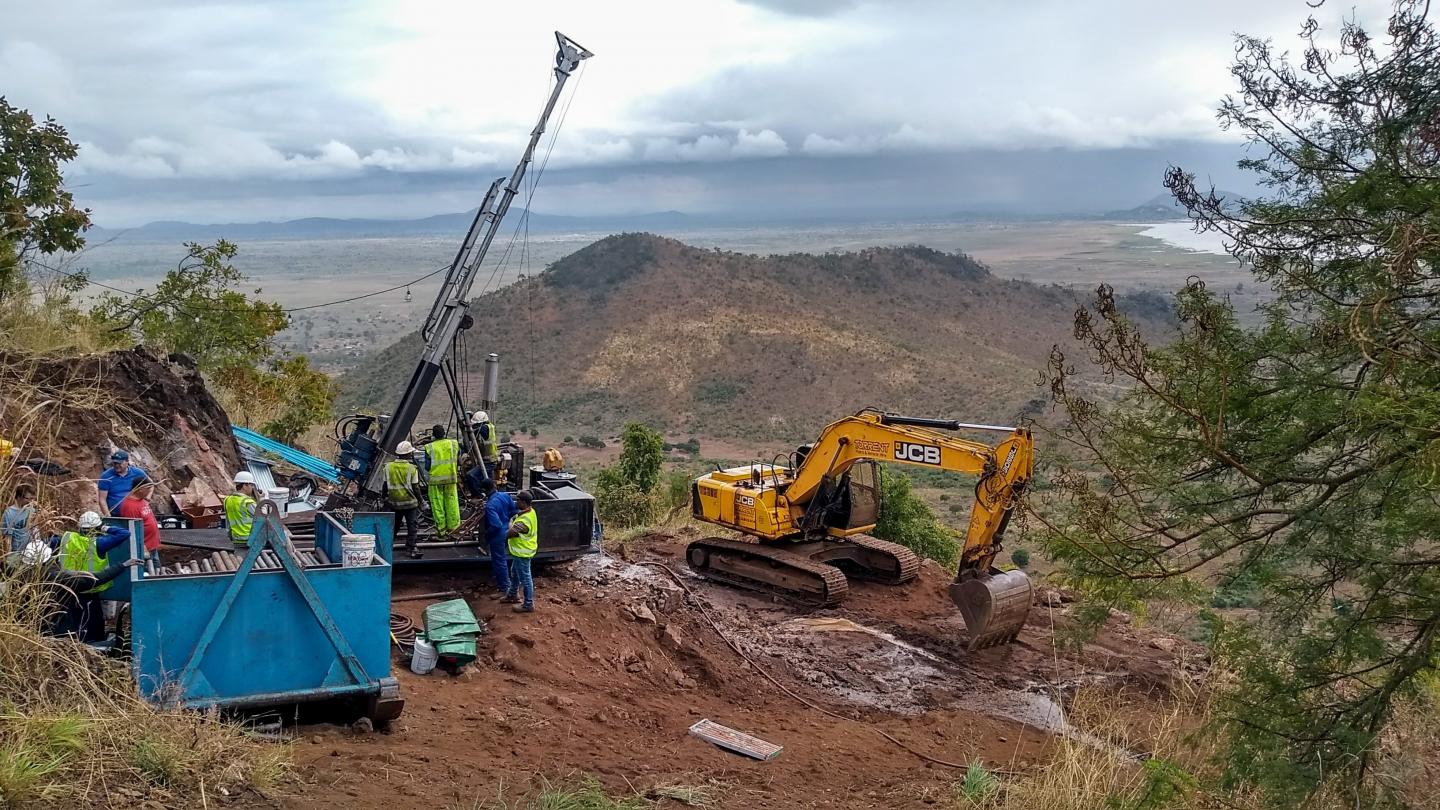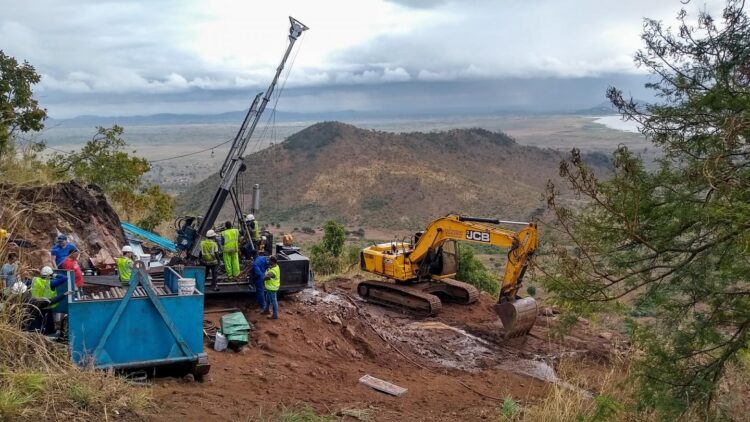
Credit: Sam Broom-Fendley
The University of Exeter will lead a pioneering new research centre, designed to revolutionize how crucial metals are extracted, used and reused in clean and digital technologies across the UK.
The Interdisciplinary Circular Economy Centre in Technology Metals, led by experts from the Camborne School of Mines, is one of five new centres announced by the Government today (11 November 2020).
Funded as part of a £22.5 million Government investment, it will explore how to create a circular economy for the technology metals such as cobalt, rare earths and lithium that are essential in all clean and digital technologies including electric cars and wind turbines.
The centre aims to develop a new cycle, right from the first stages of extraction, to enable secure and environmentally-acceptable circulation of these crucial materials within the UK economy.
Professor Frances Wall, from the University of Exeter and who will lead the project said: “We have been looking for this opportunity to join up across the value chain for a while. Individual research projects can only go so far in solving the problem of sustainable supply and use of these specialist materials.
“This opportunity is really exciting because we bring together all the disciplines ranging from geology, chemistry, engineering to social science and business to consider the whole system.
“Together with our project partners we will make a new road map for a technology metals circular economy centred on the UK.”
The Centre will bring together experts from the Universities of Exeter, Birmingham, Manchester, Leicester and the British Geological Survey, as well as 40 partner companies and organisations.
As well as researchers from the Camborne School of Mines, Exeter will also provide expertise from the Environment and Sustainability Institute, the Renewable Energy department and the Business School.
The Centre will apply circular economy principles to every aspect of mineral use in clean and digital technologies, including the initial extraction stage.
The research will start with a case study of the industry ecosystem in Cornwall. With its exploration projects for the technology metals, lithium, tin and tungsten, the region has the opportunity to lead in whole systems circular economy actions for these metals.
The five new UK Research and Innovation (UKRI) Interdisciplinary Circular Economy Centres across the UK will be dedicated to exploring how the reuse of waste materials in the textiles, construction, chemical and metal industries can deliver huge environmental benefits and boost the UK economy.
As well as catalysing scientific and technological advances, each centre will generate the environmental, social and economic understanding required to support a successful transition to a circular economy, ensuring we strengthen the economy while improving resource use along the whole materials cycle.
Moving to a circular economy will provide significant benefits by reducing UK waste and the environmental impact of production and consumption both in the UK and abroad and creating opportunities for new UK industries.
EPSRC Executive Chair, Professor Dame Lynn Gladden, said: “The move to a circular economy, where we use less resources and reuse more materials, is central to the UK’s green industrial revolution and our commitment to achieving a net zero economy by 2050.
“By bringing together a wide range of academic disciplines with industry partners the centres will catalyse innovative new technologies and approaches that will boost the UK economy and benefit the environment.”
The Interdisciplinary Circular Economy Centres are funded by direct investment from the UK Government as part of UK Research and Innovation’s Strategic Priorities fund.
In addition to the UKRI Government investment, £11.2 million of funding and in-kind support is being provided by external partners, including the Royal College of Art, University College London, Loughborough University, University of Exeter and Brunel University London.
Environment Minister Rebecca Pow said: “Creating a more circular economy for our waste and resources lies at the heart of this government’s transformative agenda for the environment, and we are committed to going further and faster to reduce, reuse and recycle more of our resources.
“These new research centres will play a vital part in creating a cleaner and more sustainable waste sector, thus helping us to better protect the environment and leave it in better shape for the next generation.”
###
Media Contact
Duncan Sandes
[email protected]





